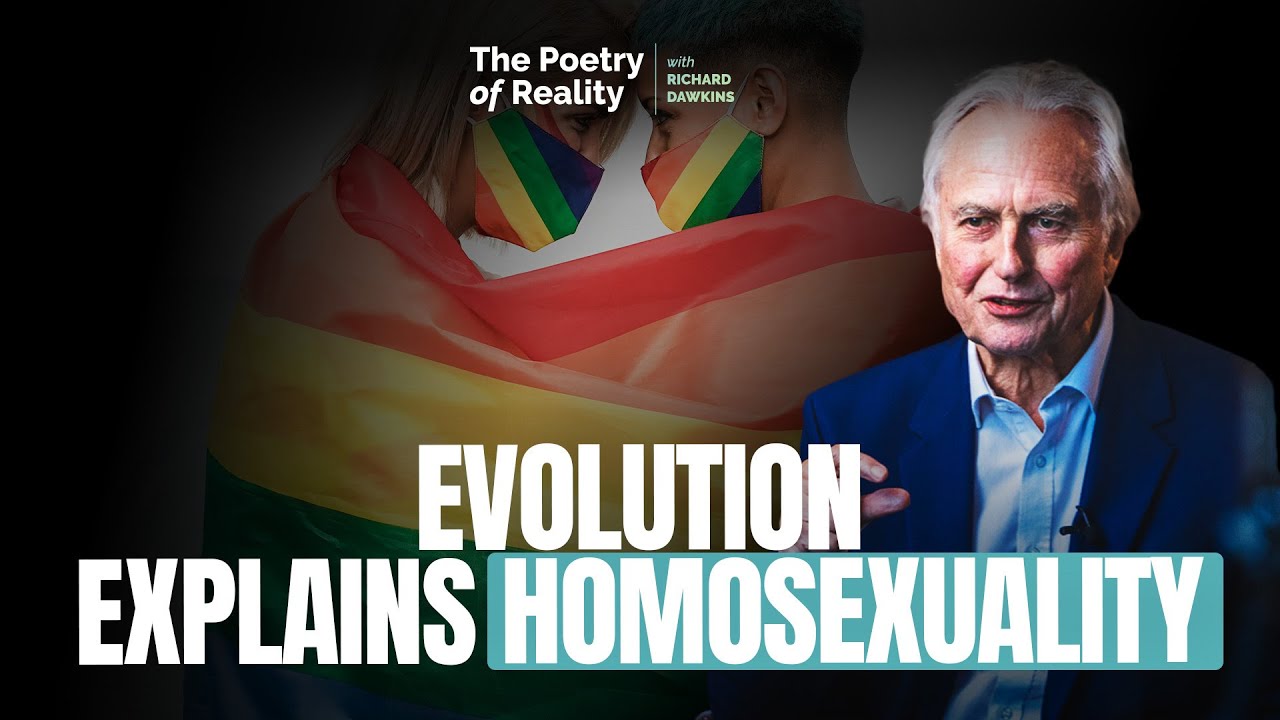What is The Gay Male Accent? (And Do I Have It?)
Summary
TLDRIn the Polyglot Files, Michael explores the 'gay male accent', addressing stereotypes and discussing the scientific research behind it. He acknowledges the possibility of his own accent reflecting this, given his identity and long-term relationship with a man. Michael debunks myths about pitch and lisp, citing studies that show these features are not exclusive to gay men. He also touches on the debate between nature and nurture, questioning the validity of past research and suggesting that the accent's origins are likely more complex than previously thought. The video invites viewers to share their thoughts on the topic, emphasizing the diversity of speech within the LGBTQ+ community.
Takeaways
- 😀 The video discusses the concept of a 'gay male accent' and its stereotypes, including higher pitch and lisp.
- 🏳️🌈 The speaker, Michael, identifies as a member of the LGBTQ+ community and acknowledges the possibility of having a 'gay male accent'.
- 🔍 The video addresses the idea that accents exist on a spectrum and that the 'gay male accent' can vary depending on social situations.
- 📊 Research indicates that gay males may have a higher pitch compared to straight males, but this is not a definitive characteristic.
- 🤔 Studies have conflicting findings; some suggest pitch can identify sexual orientation, while others find it's not an accurate indicator.
- 🗣️ The supposed 'gay male lisp' is not actually a lisp but may be due to hyper-articulation, lengthening, or loudness of the 's' sound.
- 📚 A study from 2008 found that the articulation of the 's' sound is the most accurate indicator of gay male speech.
- 🌐 Regional accents and speech patterns can influence the perception of the 'gay male accent', not just sexual orientation.
- 🔊 Gay males may articulate vowels and consonants differently, with some studies suggesting a tendency towards careful speech and hyper-articulation.
- 🧬 The origins of the 'gay male accent' are inconclusive, with theories ranging from biological factors to social influences.
- 💬 The video invites viewers to share their thoughts and experiences, highlighting the subjective nature of speech and identity.
Q & A
What is the 'gay male accent' often perceived to be?
-The 'gay male accent' is commonly perceived as having a higher pitch than a heterosexual male's accent, often with a lisp and sometimes with an over-the-top or flamboyant intonation.
How does the speaker, Michael, identify himself in relation to the topic?
-Michael identifies himself as a member of the LGBTQ community, married to a man for over 12 years, and possibly having a 'gay male accent' himself.
What does the script suggest about the consistency of the 'gay male accent'?
-The script suggests that the 'gay male accent' can vary and is not consistent, as it can be enhanced or lessened depending on the social situation.
What does the research say about the pitch of gay males' voices compared to straight males?
-Some studies indicate that gay males tend to have a higher pitch of voice compared to straight males, but other research disputes these findings, suggesting that voice pitch isn't an accurate way to identify gay males.
What is the role of hyper-articulation in the perception of a 'gay male accent'?
-Hyper-articulation, or very precise pronunciation of certain sounds like 's', contributes to the perception of a 'gay male accent', as it can create the impression of a lisp.
What does the script suggest about the universality of the 'gay male accent' features?
-The script suggests that features of the 'gay male accent' are not exclusive to gay males and can be found in heterosexual males and females across North America.
What is the correlation between 'careful speech' and the 'gay male accent'?
-The script indicates that there is a correlation between 'careful speech' and the 'gay male accent', with gay males being more likely to speak clearly and over-articulate some words.
What are some of the vowel and consonant sound differences mentioned in the script?
-The script mentions that gay males tend to lower the articulation of certain vowel sounds in words like 'trap' and 'dress' and front the vowel sounds in words like 'goose' and 'goat' compared to straight males.
What does the script suggest about the origins of the 'gay male accent'?
-The script suggests that the origins of the 'gay male accent' are inconclusive, with theories ranging from biological factors (which have been debunked) to social influences, such as imitating female speech patterns for social acceptance.
What is the speaker's personal experience with his voice and the 'gay male accent'?
-The speaker, Michael, shares that he has been self-conscious about his voice in the past and has tried to change it, but he does not consciously choose to imitate female speech patterns or speak in a way that he believes is stereotypically 'gay'.
What conclusion does the script draw about the 'gay male accent'?
-The script concludes that while there are some trends in 'gay male speech', it is hard to categorize all gay males as speaking one particular way, and the features of the 'gay male accent' are not necessarily pinned to any specific accent.
Outlines

Cette section est réservée aux utilisateurs payants. Améliorez votre compte pour accéder à cette section.
Améliorer maintenantMindmap

Cette section est réservée aux utilisateurs payants. Améliorez votre compte pour accéder à cette section.
Améliorer maintenantKeywords

Cette section est réservée aux utilisateurs payants. Améliorez votre compte pour accéder à cette section.
Améliorer maintenantHighlights

Cette section est réservée aux utilisateurs payants. Améliorez votre compte pour accéder à cette section.
Améliorer maintenantTranscripts

Cette section est réservée aux utilisateurs payants. Améliorez votre compte pour accéder à cette section.
Améliorer maintenantVoir Plus de Vidéos Connexes
5.0 / 5 (0 votes)






